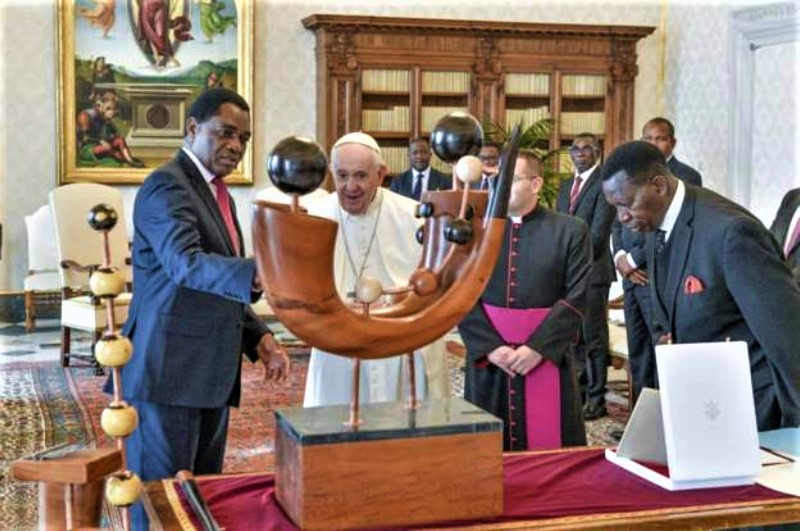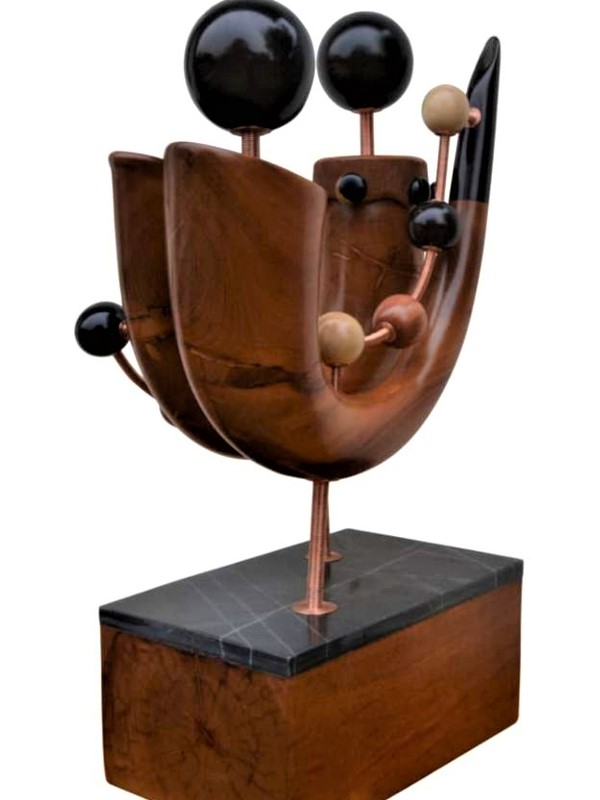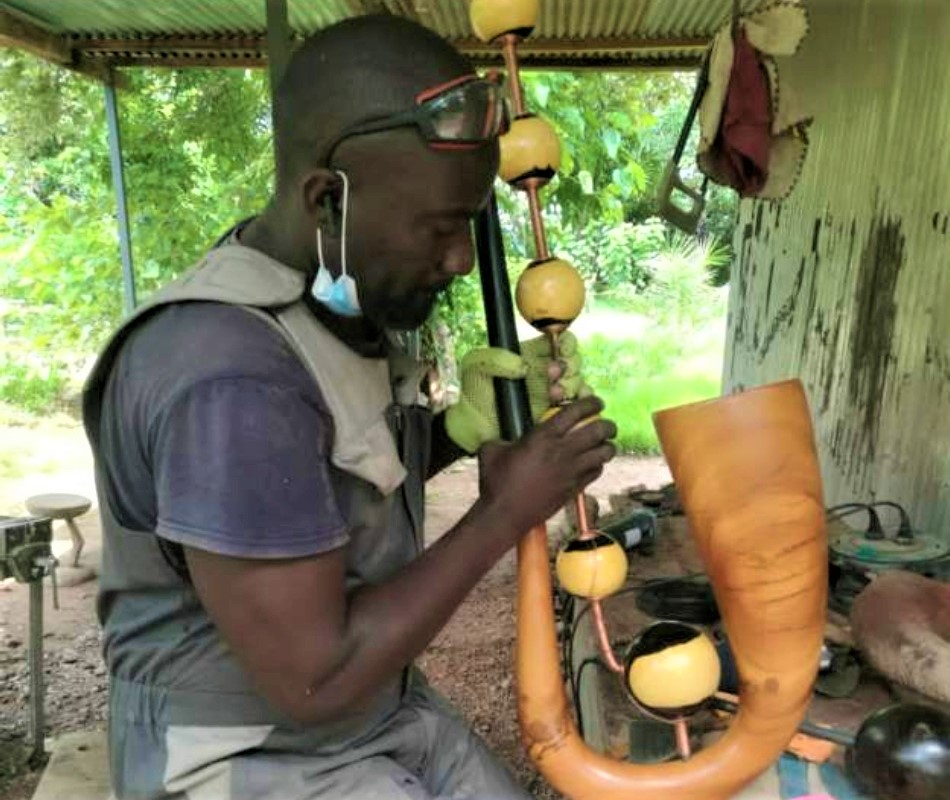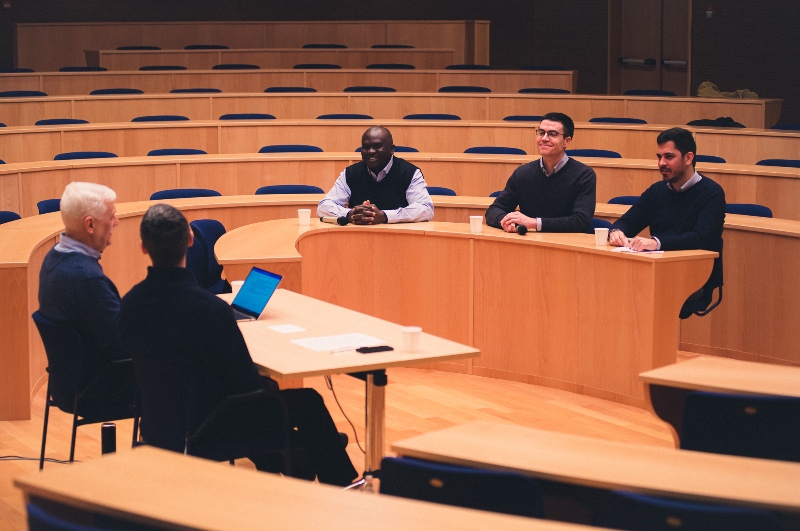

Zambian sculptor and art teacher Sydney Siansangu says it is humbling that his art pieces have made it to the Vatican.
Mr. Siansangu is making headlines in Zambia after two of his sculptures were given to Pope Francis at the Vatican as presents by President Hakainde Hichilema last week. "First and foremost, I am humbled and greatly appreciative especially for the publicity. It's a normal feeling because my works are in many high-profile places," he told the BBC. The pieces are part of his latest serious dubbed "Our Legacy".
"For example, my name may have already been known probably with The Vatican because of some commissioned work at the headquarters of all Jesuits in Africa and Madagascar. Others include late Magufuli [Tanzania's former president], President of Botswana, King of Morocco, King of United Arab Emirates. So the feeling is normal except that this has wide publicity," he said. One of the pieces presented to the Pope was made from various tree species, copper wire and grey marble.
The sculpture has a traditional musical horn, an abstracted musical drum, shakers and rattles. The fusion of the musical instruments nods to Zambian cultural rites, and produces a harmonious and melodious sound.

"[The] musical horn can be played to gather people for a specific meeting and so is a drum. In most cases, shakers and rattles are played as accompanying instruments to provide some simple yet sharp sounds.
"Copper wire as usual in my works is a symbol of identity that also plays a key role to enhance aesthetics," he added.

Select Payment Method
Pay by bank transfer
If you wish to make a donation by direct bank transfer please contact Fr Paul Hamill SJ treasurer@jesuits.africa. Fr Paul will get in touch with you about the best method of transfer for you and share account details with you. Donations can be one-off gifts or of any frequency; for example, you might wish to become a regular monthly donor of small amounts; that sort of reliable income can allow for very welcome forward planning in the development of the Society’s works in Africa and Madagascar.
Often it is easier to send a donation to an office within your own country and Fr Paul can advise on how that might be done. In some countries this kind of giving can also be recognised for tax relief and the necessary receipts will be issued.


